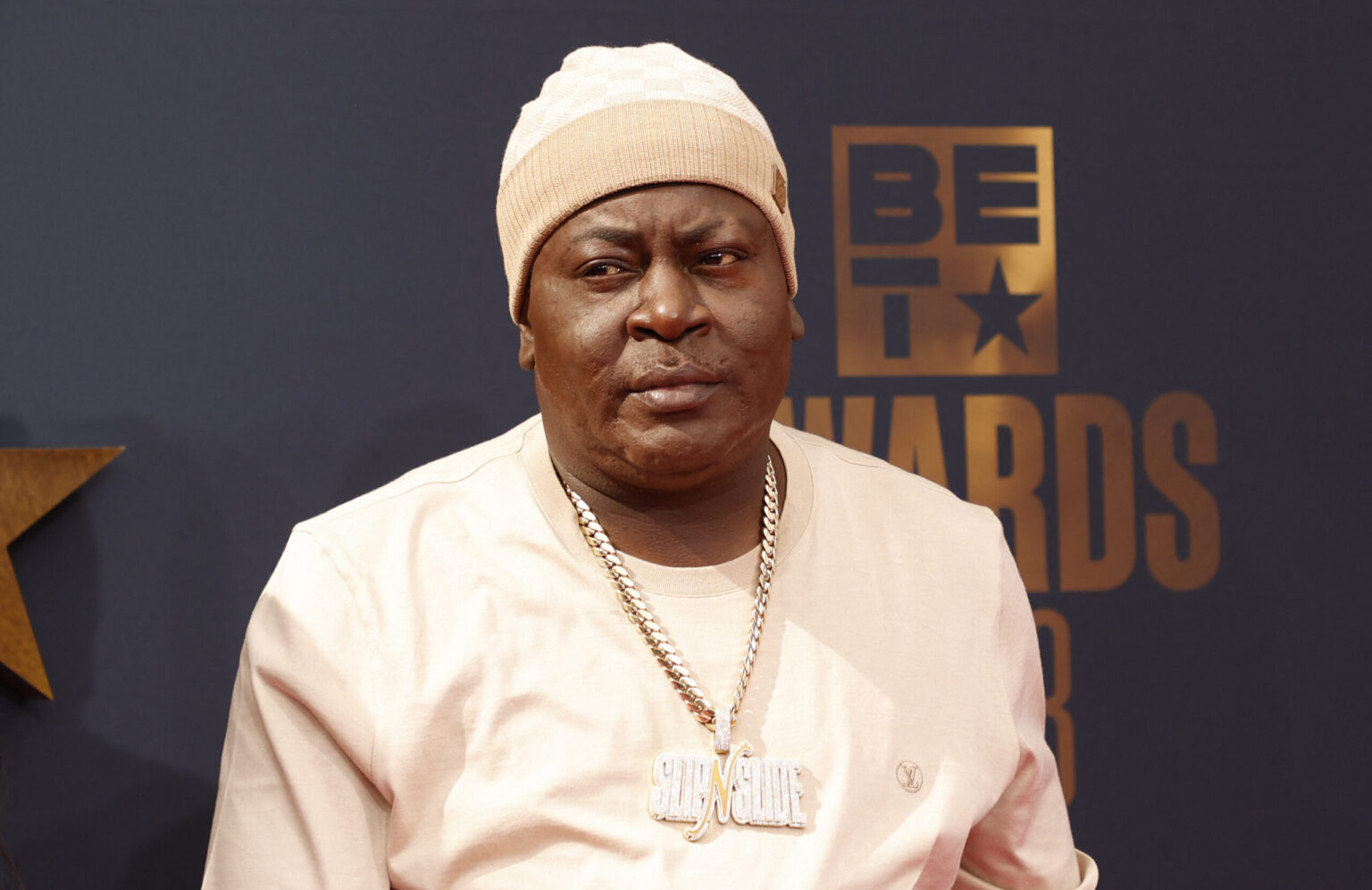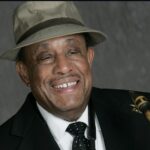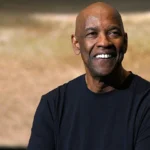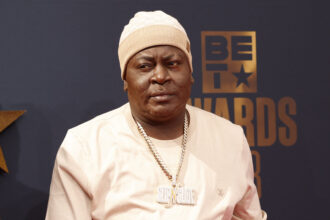Veteran Miami rapper Trick Daddy, known for his candid personality and role on Love and Hip Hop: Miami, has ignited a heated debate after rejecting the term “African American” to describe his identity. His remarks, shared in a viral video, have divided social media, sparking passionate discussions about race, heritage, and cultural identity.
Trick Daddy’s Comments on His Roots
In the video shared by the blog That Grape Juice, the 50-year-old rapper questioned why “African” is used to define Black Americans.
“I’m trying to figure out how ‘Afro’ get in front of my motherf—king race,” Trick Daddy said. “I ain’t never been to Afro-ca. I have never been to Africa. Afro or Africa. Never been there. I’m not from Africa.”
Born in Goulds, Florida, and raised in Liberty City’s “Pork-N-Beans” projects, Trick Daddy emphasized his connection to U.S. soil, declaring, “Americans’ real true land is right here, on U.S. soils.” While acknowledging Africa as the “motherland,” he dismissed any personal ties to it, stating that neither he nor his ancestors had direct connections to the continent.
Social Media Reactions: Divided Opinions
Trick Daddy’s remarks triggered a flurry of reactions online.
Some users supported his perspective, with one commenter explaining, “Although Black people from the US and Caribbean are aware of how we got there, that journey created new tribes with different cultures and attributes.”
Others, however, criticized his comments as dismissive and uninformed. One critic remarked, “Feel free to drop the ‘African’ and see how well that goes for you.” Another commented, “People just be getting on the Internet embarrassing themselves. Kids, stay in school and educate yourself.”
A Broader Discussion About Identity
The controversy highlights a broader and often sensitive conversation about how people of African descent in the diaspora identify themselves. While many embrace the term “African American” as a nod to their ancestral roots, others feel disconnected from it, especially if their family histories in the United States span generations.
Trick Daddy’s comments, though divisive, have reignited discussions about identity, cultural heritage, and the complexities of being Black in America.
As the debate continues to unfold online, it’s clear that conversations about identity remain deeply personal and multifaceted, shaped by history, geography, and individual experiences.






![Nigeria's President Bola Tinubu and US President Donald Trump. [AI/Getty Images] ©provided by Business Insider Africa © Business Insider Africa](https://myvirgo.co.za/wp-content/uploads/2026/01/nigerias-president-bola-tinubu-and-us-president-donald-trump-150x150.jpeg)





